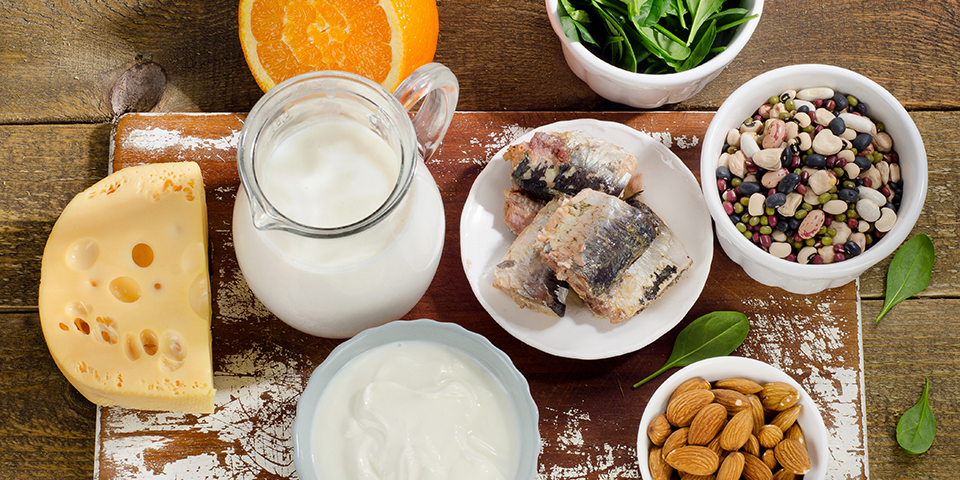Introduction
Vitamin D is essential to women offering benefits in bone strength, immunity, and mood regulation. Since many women struggle to get the nutrients they need, it is critical to know the best food sources and when to use supplements. This guide discusses how women can get the necessary amount of vitamin d.
Women and the Importance of Vitamin D
Calcium is critical for building strong bones, and the body must be able to absorb it with the help of vitamin D. This is specifically crucial for women, as they are prone to osteoporosis later in life. Vitamin D also helps to protect the immune system and could prevent some chronic diseases.
Challenges in Obtaining Vitamin D
Numerous women do not get the recommended amount of vitamin D as a result of lifestyle, dietary or sun avoidance. People with dark skin, who live in northern latitudes or spend a lot of time inside may need to take extra care with their levels of the vitamin.
Vitamin D In Food For Women
- Fatty Fish: Fatty fish such as salmon, mackerel and sardines are high in vitamin D. Eating them a couple of times per week may help boost your vitamin D levels. These fish are also sources of heart-healthy omega-3 fatty acids.
- Fortified Milk and Plant-Based: Alternatives Dairy milk and fortified plant-based milk options (like soy or almond) are good ways to get enough vitamin D. Drinking a glass at meals—plus eating one or two other D-packed foods can help you fill this nutrient gap.
- Fortified Cereals: Most breakfast cereal is fortified with vitamin D. Look at nutrition labels to make sure it contains any significant amount. It is possible to increase intake with the combination of fortified cereal and fortified milk.
- Egg Yolks: Considering eggs are a natural source of vitamin D, it’s easy to add them to your daily diet – you can eat them at breakfast, or even in baked goods.
- Mushrooms: Some types of mushrooms, including shiitake and maitake, contain vitamin D, particularly when they’ve been exposed to ultraviolent light. Adding mushrooms to salads, stir fries, or pasta dishes can increase vitamin D intake.
Supplementation Options
Supplements can provide a dependable source of this vitamin, especially when foods are lacking.
- Vitamin D Tablets/Capsules: Most people, especially women, prefer to take vitamin D in the form of tablets or capsules, as such forms are commercially readily available and convenient to be taken continuously.
- Multivitamins: Vitamin D is included in many different multivitamins, which you can take to ensure you re getting a daily dose of D and other important vitamins to provide complete nutrition. Formulas should be selected for individual needs and consumed under the direction of the health care provider.
- Liquid Supplements: Liquid supplements may serve as an option if pills are hard to swallow. These can be mixed in drinks or ingested on their own.
Balancing Sun Exposure
Getting enough sun is often the best way to increase your body’s natural supply of vitamin D. With some time spent outside and by using sunscreen, you can keep these levels healthy. Even exposure without sunscreen for short periods, especially during the less intense hours of daylight, can be helpful. But you also need to balance sun time with skin protection.
Monitoring Vitamin D Levels
A vitamin D deficiency can be detected from these symptoms and by conducting blood tests and regular check-ups to keep blood levels of the vitamin in check. Health care professionals can provide individualized advice on dietary consumption and supplementation requirements.
Encouraging Healthy Habits
Eating food rich in Vitamin D, and spending time in the outdoors can also bring a balanced lifestyle. For women, planning meals for incorporating a range of vitamin D containing foods may be helpful as well as finding the time for outdoor activity.
Conclusion
Important for Women’s Health Vitamin D is crucial to a woman’s health, helping to support strong bones and enhance overall immunity and well-being. Diet When foods from many different sources are considered, the well-nourished women can meet most of their vitamin D needs. Together, diet, supplements, and sun exposure maintain ideal levels for long-term health and wellness.

